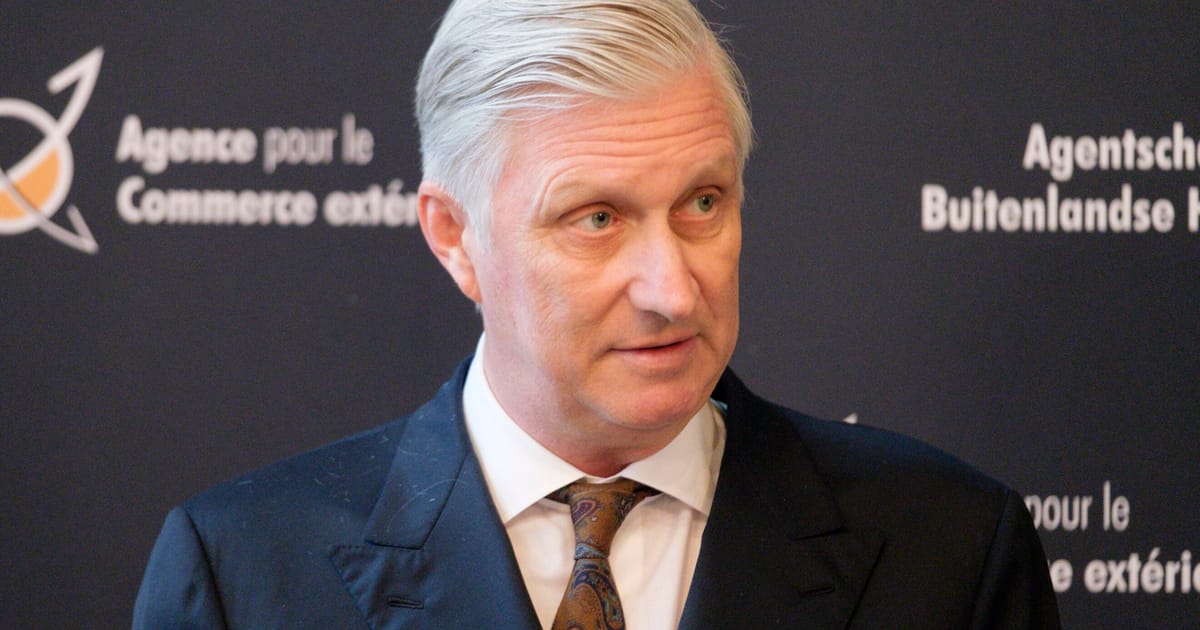

In recent days, the intensifying situation in Gaza has captured the world’s attention, with various international figures and communities expressing concerns over the humanitarian crisis unfolding in the region. Reports have emerged of significant civilian casualties amid ongoing military actions, particularly in the context of a ground assault in central Gaza, further compounding the already dire circumstances residents face.
Belgian King Philippe has publicly condemned recent events in Gaza, describing the reported deaths of over 100 individuals seeking aid as a “disgrace to humanity.” His remarks underscore the urgency for a renewed focus on humanitarian priorities, as calls grow for international stakeholders to address the escalating crisis.
The situation was further highlighted by Pope Leo XIV, who condemned the “barbarity” of the war, particularly the indiscriminate use of force, which has reportedly resulted in the deaths of 93 Palestinians who were queuing for food near Gaza City. The pontiff’s words echo a broader sentiment of disquiet over the humanitarian impact and stress the need for compassion and restraint in the engagement of armed forces.
Meanwhile, the Israeli military has launched a ground assault on Deir Al-Balah in central Gaza, believed to be a location where hostages might be held by Hamas. According to Israeli Defense Minister Israel Katz, the Israeli Defense Forces have targeted “terror infrastructure” linked to Houthi militias in Yemen. This includes strikes on fuel containers and naval vessels allegedly used for hostile activities against Israel. The ongoing military operations have prompted fresh evacuation orders in Gaza, further displacing residents who have already borne significant hardships.
Amidst these developments, various reports indicate conflicting numbers of casualties resulting from these military actions. The Palestinian Health Ministry has indicated that at least 73 people were killed while waiting for aid. Furthermore, more than 150 have been reported wounded, some critically. This alarming situation has led to growing concerns about the safety and wellbeing of civilians trapped in conflict zones.
The humanitarian situation is further complicated by discussions surrounding the proposed replacement of the current UN and international aid structure with the Gaza Humanitarian Foundation (GHF). Critics worry that this shift could be an attempt to politicize aid delivery, potentially contravening international laws regarding the displacement and treatment of civilian populations.
The United Nations has also stepped into the dialogue, with some reports attributing the tragic events to actions by Israeli tanks and military personnel. As the crisis unfolds, there remains an urgent call for diplomacy and peaceful resolution strategies to alleviate the suffering of those in conflict zones.
As global reactions continue to center on these events, it becomes increasingly clear that a collaborative international effort is essential to address the immediate humanitarian needs in Gaza. The focus must remain on open dialogue, adherence to international humanitarian law, and ensuring access to essential services for all affected populations. The road to peace and recovery may be challenging, but through informed and compassionate global action, steps can be taken toward a more stable and humane future for all involved.
Source: {link}
